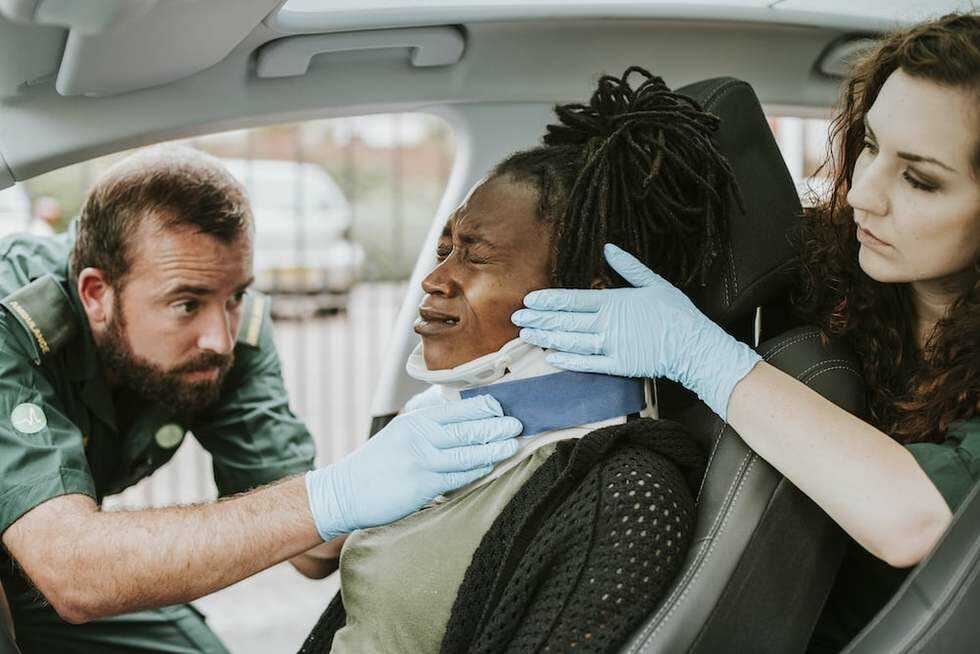The first thing most people will tell you about car accidents is that everything happened so fast, their immediate emotion was shock. Unfortunately, shock muddles the mind, often causing forgetfulness relative to the important steps they should be taking in order to protect themselves and save money in the long term.

With 264 million vehicles registered and 218 million drivers, it is little wonder that, annually, an average 6.3 million vehicles collide on U.S. roadways. The result of these crashes equals millions of dollars spent in property and vehicle damage. And, all too often, accidents lead to injuries and/or fatalities.
What to do after the accident
- Stop Immediately
Even if the crash is relatively minor, stop the vehicle and turn off the engine after you have moved the car safely out of harm’s way (if possible). - Minimize danger.
Turn on hazard lights to prevent additional, collateral collisions. If the area is dark and lights don’t work, set of flares or use a flashlight to warn oncoming traffic. - Call the police.
Don’t move the vehicles unless they interfere with traffic. Call police. If the collision is minor, without injuries, dispatchers might tell you to exchange insurance information in lieu of involving police. But let them make that decision. You won’t get a second chance to report the accident at the scene. If assigned, after arriving on scene and ensuring everyone’s safety, the investigating officers will ask you to recall exactly what happened. They will also ask you if you are injured. Unless you are absolutely sure that you have not been hurt, don’t say no. Oftentimes, injuries fail to appear until after nerves settle. Make sure the other parties also give police an accurate report. But don’t argue on scene. Leave that to your attorney. - Keep an accurate account.
Use your mobile phone or camera to take photographs of the vehicles involved as well as visible injuries to yourself. Try not to interfere with police as they carry out their investigation. Once the police finish, they will give all involved parties a case number. This should grant you access to the report, which will be invaluable for insurance claims adjusters as well attorneys. - Collect contact information.
In the event are not called to the scene, make sure you get all necessary contact information, including the names, driver’s license numbers and insurance information for every other party involved. Ask to see the other driver’s insurance card so you can take a picture. If witnesses stayed behind, ask for their contact details, as well. - Notify your insurance.
Immediately notify your insurance about the incident. - Make sure you are injury-free.
If you are unsure whether you have been hurt, visit your doctor or go directly to the nearest hospital or urgent care. Even seemingly minor collisions can cause Traumatic Brain Injury (TBI), spinal injuries, concussions and more. If you felt dazed or lost consciousness even for a brief amount of time following the crash, seek immediate medical attention. - Seek legal advice.
Resist the urge to feel pressurized to give an immediate statement to your insurance company representatives. Seek legal counsel from a personal injury attorney who specializes in personal injury cases, so they can assess the situation and advise you about everything you can expect in the weeks, months or even years to come.
About Moet Law in Ontario, California
If you’re in the Inland Empire, Los Angeles basin, Orange County or Riverside area in Southern California, contact Moet Law. Our team of specialized attorneys offer a complimentary case evaluation. We can advise you about the proper steps to take relative to your insurers, police, medical professionals, and others.